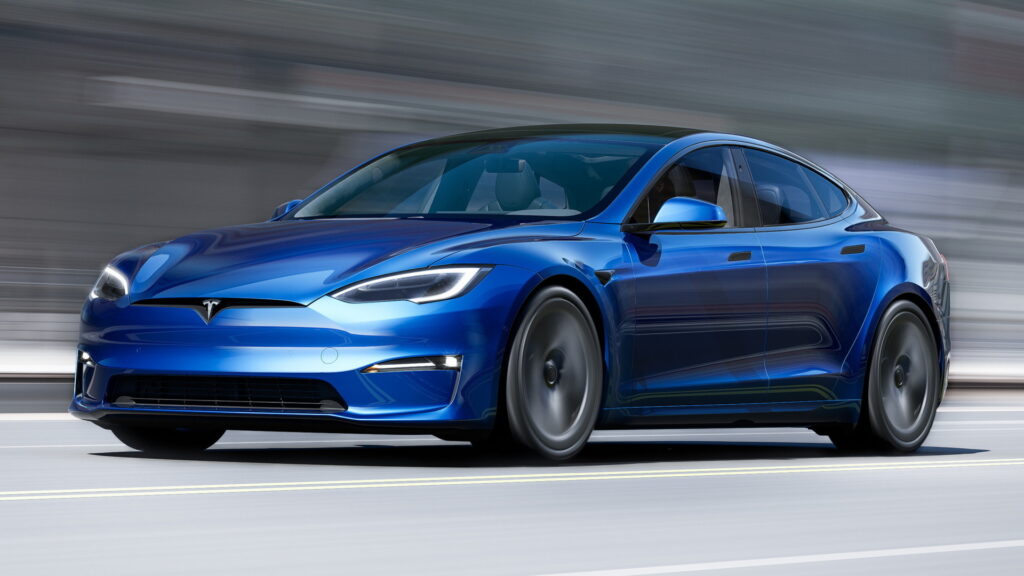The National Transportation Safety Board (NTSB) has cleared Tesla’s Autopilot system of any responsibility related to a highly publicized fatal crash in Spring, Texas in 2021. The conclusion reached after a lengthy investigation is that driver impairment and excessive speed played a large role in the accident. The findings are contrary to early reports that suspected Autopilot was to blame.
The crash occurred at 11:25 p.m. on April 17th, 2021, and involved a 2019 Tesla Model S P100D. The car left the roadway, ran over a raised manhole cover, sideswiped a tree, and then ran into a different tree before going up in flames. Two occupants both died as a result of blunt-force trauma and burns.
When the crash first made headlines, Harris County Precinct 4 Constable Mark Herman said that investigators “are 100-percent certain that no one was in the driver seat driving that vehicle at the time of impact.” Investigators were simply wrong about that, says the NTSB.
More: U.S. Department of Justice Looking Into Tesla Autopilot And Full-Self Driving
Two men dead after fiery crash in Tesla Model S.
— Matt Dougherty (@MattKHOU) April 18, 2021
“[Investigators] are 100-percent certain that no one was in the driver seat driving that vehicle at the time of impact,” Harris County Precinct 4 Constable Mark Herman said. “They are positive.” #KHOU11 https://t.co/q57qfIXT4f pic.twitter.com/eQMwpSMLt2
The board says that “the available evidence suggests that the driver was seated in the driver’s seat at the time of the crash and moved into the rear seat postcrash.” In fact, video evidence shows both occupants getting into the front seats before the fateful journey. Finally, onboard emergency data recorder (EDR) data shows inputs consistent with driver activity in the five seconds leading up to the crash.
Instead, it seems that driver impairment and excessive speed were the causes of the crash. The driver was moving at some 67 mph (108 km/h) before losing control of the Tesla. The speed limit on the road was just 30 mph (48 km/h). In addition, he had been drinking prior to the crash and had a blood alcohol concentration (BAC) of .151 g/dl, or almost twice the legal limit in Texas.
On top of that, he’d also taken over-the-counter antihistamines that could cause drowsiness. Combine all of those factors and the chances of a crash go way up. The NTSB recommended that the NHTSA begin requiring passive vehicle-integrated alcohol impairment detection systems for all new cars. The NHTSA itself is also investigating this same incident but has yet to release its findings.
Two men killed after Tesla that may have been in autonomous driving or self driving mode didn’t adhere to a curve, slammed into a tree then burst into flames in the Woodlands, officials say. Firefighters say they had to call Tesla to figure out how to oust the blaze. @KPRC2 pic.twitter.com/nmhDxKeTHT
— Deven Clarke (@KPRC2Deven) April 18, 2021




